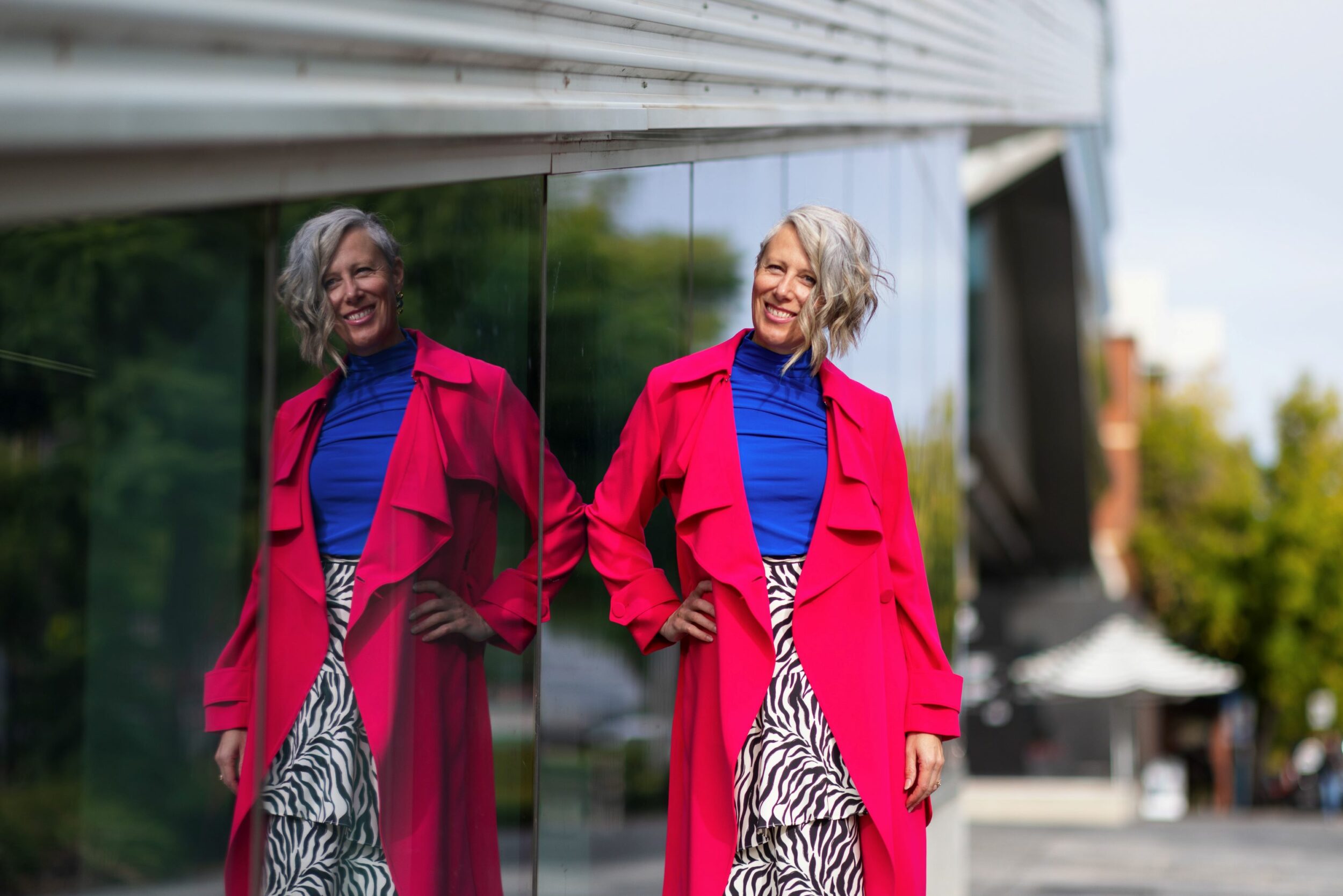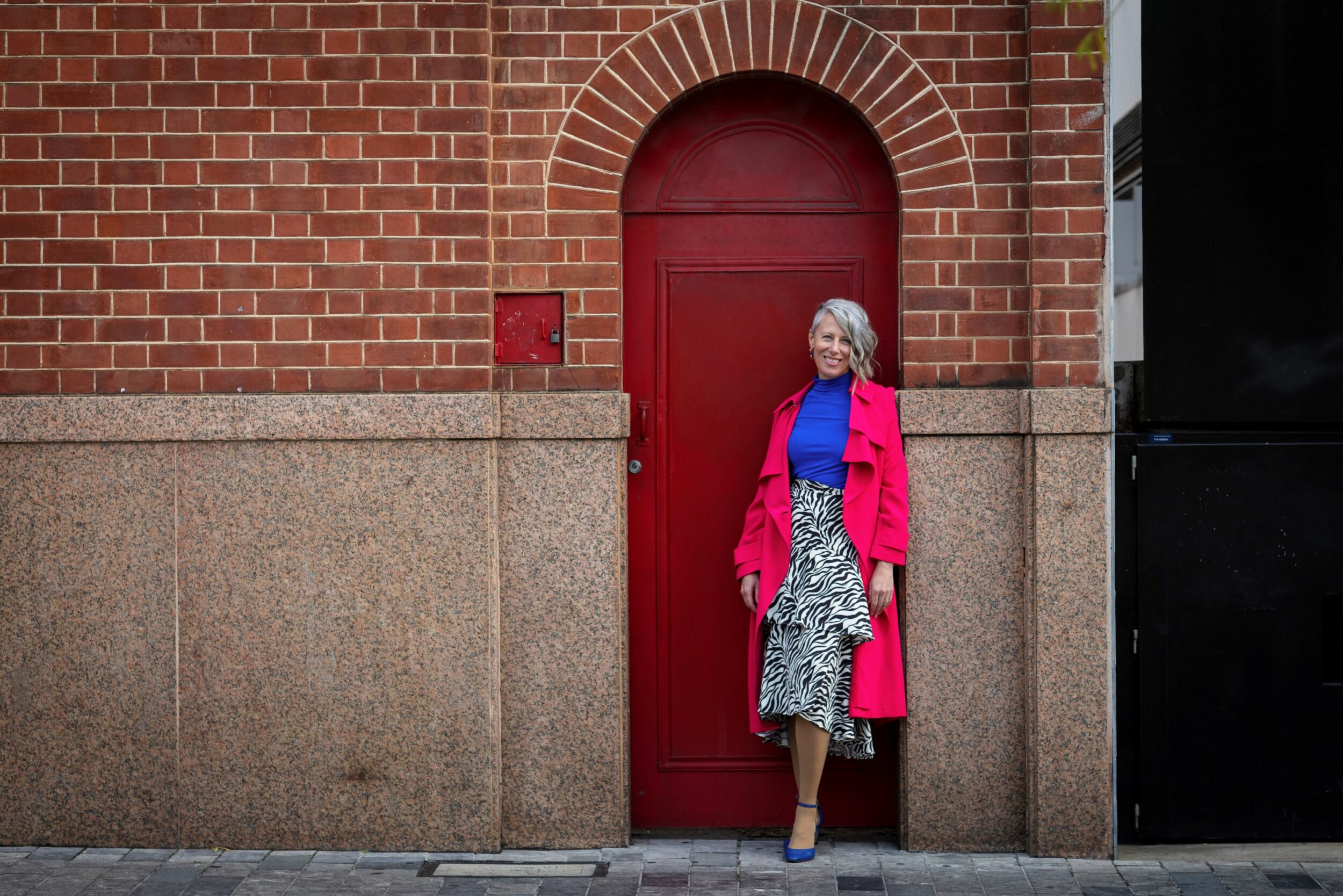Is your workplace psychologically safe?
Posted July 15, 2024

Monday mornings (and Sunday nights) can be hard to face if you have an unrelenting workload, or demanding team member or boss.
Many of us have experienced, witnessed, or heard toxic workplace lore.
UniSA Professor for Work and Organisational Psychology, Michelle Tuckey, has made it her mission to understand the psychosocial aspects of how work environments influence wellbeing. Her research focusses on preventing workplace bullying, occupational stress, and sexual harassment, and enhancing workplace mindfulness.
At Lot Fourteen, Prof Tuckey is working with growing software company, Teamgage – combining her academic research with their tech platform for team engagement – and the outcome is a world-first.

What is a psychosocial hazard?
When it comes to Work Health and Safety, workplaces have policies and procedures entrenched into our workplaces.
But are all workplaces safe from psychological harm?
Psychosocial factors determine an individual’s mental and physical health and wellbeing and their ability to function. The design and management of their work, social relationships and work environment can all impact an individual.
This is where Professor Tuckey comes in.
“It’s very tempting to think about issues such as bullying and harassment as being a case of bad apples in the barrel – if we didn’t have this problematic person we wouldn’t have bullying, or sexual harassment going on,” she says.
“But actually, research shows it’s the barrel that determines the quality of our apples; if you have a healthy organisational environment, and healthy ways of working backed up with effective policies and procedures, then you can reduce the risk of harm from bullying and other psychosocial hazards.
“Bullying, for example, can only occur in an environment that allows it to happen and one that reinforces bullying behaviour.”

The costs of bullying
And the costs of bullying are significant. Around 1.1 million Australian workers experience serious workplace bullying and the Australian Productivity Commission estimates the issue is costing billions of dollars annually in lost productivity.
Research by Professor Tuckey has also shown for the first time an evidential link between bullying and poor cognitive performance on objective tests of memory and attention.
“Bullying also kills your work culture and morale – it’s very toxic for those witnessing bullying or working in an environment that is enabling or reinforcing that kind of behaviour,” she says.
“Businesses need to pay more attention to this. Since the pandemic workers are voting with their feet and if the working conditions aren’t healthy, they will leave.”
In 2023, Australia’s workplace health and safety laws were strengthened prescribing specific psychosocial hazards – such as bullying, harassment, job demands, fatigue and lack of support – that employers must eliminate or minimize.
“The amended legislation requires businesses to proactively address workplace bullying and other psychosocial risks with the same rigour as physical health and safety hazards, which means they will need to go above and beyond administrative controls like policies and training,” Prof Tuckey says.
Helping companies do better
So, how can organisations identify the root causes of psychosocial hazards before they become a problem and then put in place steps to mitigate the risks?
That is where world-first research by Professor Tuckey and a partnership with Lot Fourteen software company Teamgage is showing huge promise in transforming how workplaces stamp out bullying before it takes hold.
By analysing hundreds of bullying complaints lodged by workers with by Safework SA, Professor Tuckey identified 10 work environment factors presenting the greatest risk for bullying and psychosocial hazards, related to how working hours and entitlements are coordinated, how work performance is managed, and the nature of workplace relationships and broader environment.
From there, Professor Tuckey and her team developed a Healthy Workplaces by Design program – an evidence-based risk audit tool and risk management intervention process empowering companies to create a healthier workplace.
With the program, businesses undertake a tailored risk audit of their workplace – using Teamgage’s Huddle staff engagement software – identify areas of focus, tailor strategies in those areas and evaluate the impact of the solutions.
The solutions are developed from the ground up, not top down, meaning those most at risk of bullying or psychosocial hazards are instrumental in transforming the workplace culture and conditions.
A randomized controlled trial of Healthy Workplaces by Design program across 60 sites of a major supermarket company found a 24% reduction in exposure to workplace bullying for participating teams, compared with a 155% increase in bullying in the control teams working business-as-usual.
Additionally, they have observed a 73% reduction in sexual harassment complaints and a 46% drop in workplace bullying complaints associated with the program.
“I would love to get more corporates using the program,” Professor Tuckey says. “This is an international first in terms of evidence-based, proactive risk management of bullying that is research backed, that focuses on the root causes in organisational systems.”
Taking it to the next level
Professor Tuckey is now working with Teamgage to scale up the impact of the wellness program by developing a commercially viable product.
“Teamgage have really good values and alignment to the work we’re doing…and they have practice-based evidence to support what works and what doesn’t work to create healthy teams,” Professor Tuckey says.
Founded in 2016, Teamgage is a staff engagement platform delivering fast, focused and frictionless staff feedback to support companies to build high-performing teams through continuous improvement.
Teamgage is used by Fortune 500 and ASX 100 companies in sectors including technology, finance, mining and construction as well as federal and state government, with thousands of teams benefiting.
According to its own data, client teams using Teamgage’s Huddle platform have reported a 73% increase in feedback participation, 24% reduction in staff turnover and a nearly five-times improvement in performance.
Teamgage Chief Operating Officer Ben Colley says there is a strong synergy between their company and Professor Tuckey’s research.
“We noticed that the way the Healthy Workplaces by Design program is delivered really fits neatly on top of our technology and the way it works,” he says.
“With the new legislative landscape organisations are going to be proactively searching to find ways to manage psychosocial hazards.”
Read more stories like this on Issue_03 of Lot Fourteen’s Boundless Magazine.
Great things come to those who subscribe
Subscribe
"*" indicates required fields
Adelaide 5000
Developed by Frame Creative
Design by The Sideways Theory
Design by Sixth Street Design
Developed by Frame Creative
© Lot Fourteen All Rights Reserved

